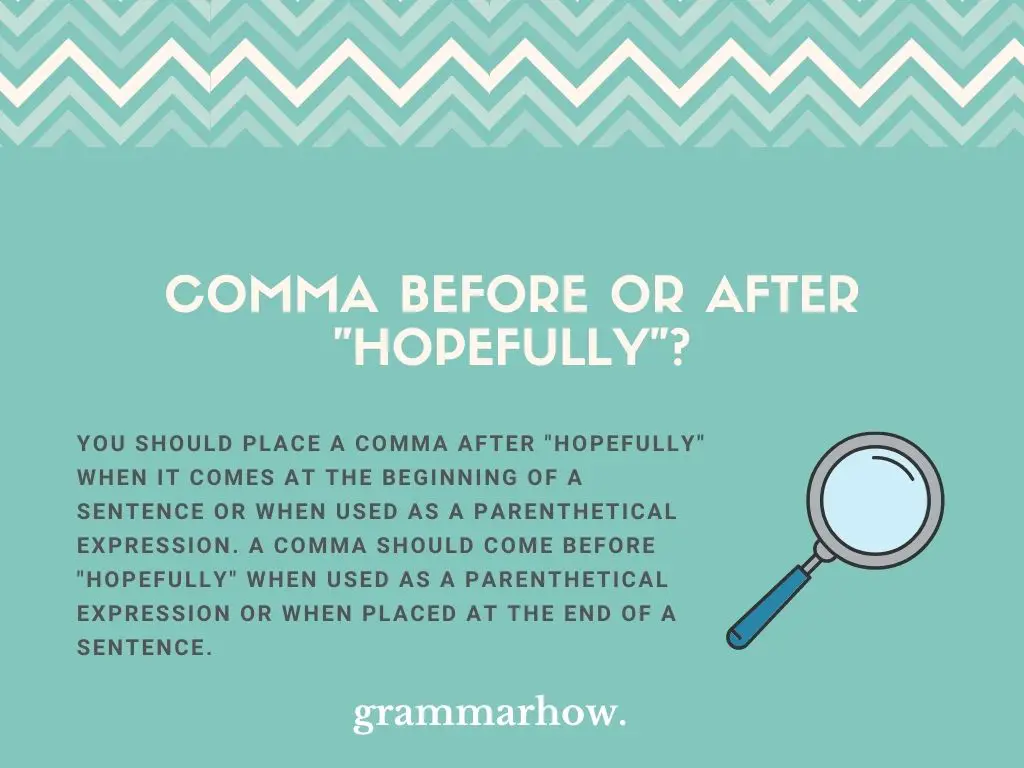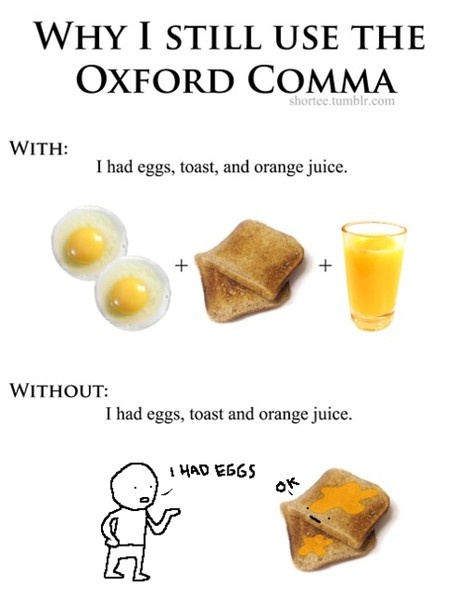

I don’t want to confuse anyone into thinking that the period I’m using to end my sentence should also be included in the edit I’m suggesting.

I – and maybe other editors too – do this for clarity.

Periods and commas should go inside closing quotation marks, “like this.” Side note: As an editor, I often move such punctuation outside the quotation marks (rule breaker!).(Likewise, if the entire sentence is not contained in parentheses and only part of it is parenthetical, move the period to the outside.) Also, try not to include more than one sentence within an existing sentence’s parenthetical. Do use a period inside the parentheses if the entire sentence is in parentheses.From what I have seen (I may be wrong), most people seem familiar with this rule. Similarly, do not use a comma, semicolon, or colon before a close parenthesis (like this ) instead move the punctuation mark outside the close parenthesis.The only time you should use a comma before an open parenthesis is when writing a numbered list like in this example: “These three exercises are ridiculous yet intriguing: (1) prancercising, (2) kangaroo jumping, and (3) cardioke.” Do not use a comma before a parenthetical statement, (like this).I lumped these together because they are pretty similar, so hopefully the rules won’t be confusing.
Does hopefully need a comma update#
I plan to update it to a newer version soon and that update should bring in a bunch of new word senses for many words (or more accurately, lemma).In this post, we’re talking about parentheses and quotation marks in relation to other punctuation.
Does hopefully need a comma code#
Special thanks to the contributors of the open-source code that was used in this project: the UBY project (mentioned above), and express.js.Ĭurrently, this is based on a version of wiktionary which is a few years old. I simply extracted the Wiktionary entries and threw them into this interface! So it took a little more work than expected, but I'm happy I kept at it after the first couple of blunders. The researchers have parsed the whole of Wiktionary and other sources, and compiled everything into a single unified resource. That's when I stumbled across the UBY project - an amazing project which needs more recognition. However, after a day's work wrangling it into a database I realised that there were far too many errors (especially with the part-of-speech tagging) for it to be viable for Word Type.įinally, I went back to Wiktionary - which I already knew about, but had been avoiding because it's not properly structured for parsing. This caused me to investigate the 1913 edition of Websters Dictionary - which is now in the public domain. I initially started with WordNet, but then realised that it was missing many types of words/lemma (determiners, pronouns, abbreviations, and many more). The dictionary is based on the amazing Wiktionary project by wikimedia. And since I already had a lot of the infrastructure in place from the other two sites, I figured it wouldn't be too much more work to get this up and running. I had an idea for a website that simply explains the word types of the words that you search for - just like a dictionary, but focussed on the part of speech of the words.

Both of those projects are based around words, but have much grander goals. For those interested in a little info about this site: it's a side project that I developed while working on Describing Words and Related Words.


 0 kommentar(er)
0 kommentar(er)
